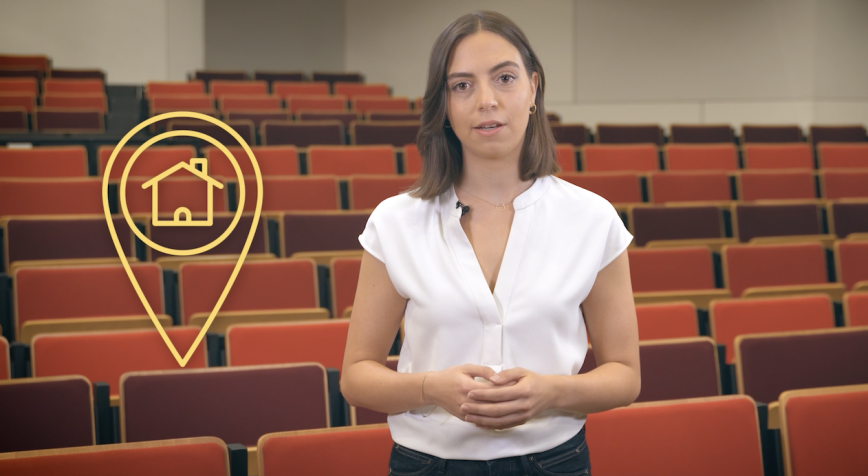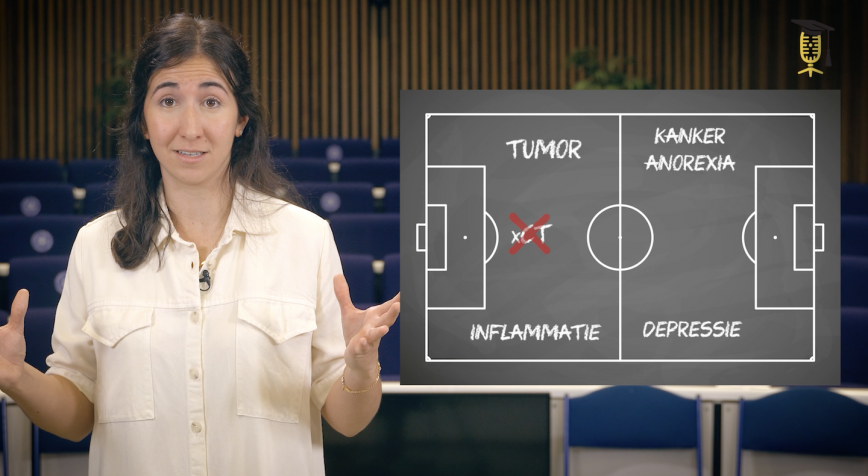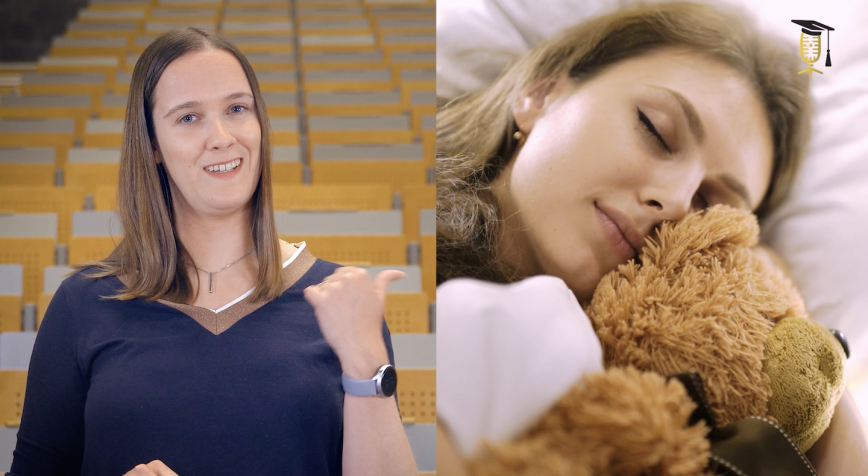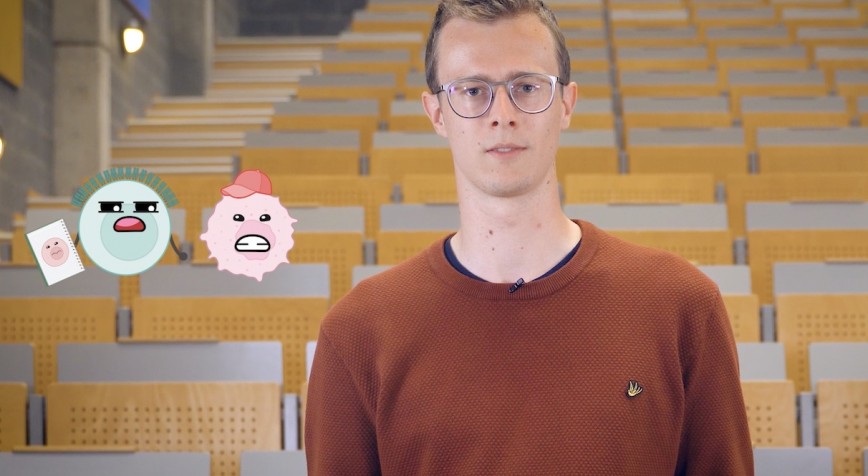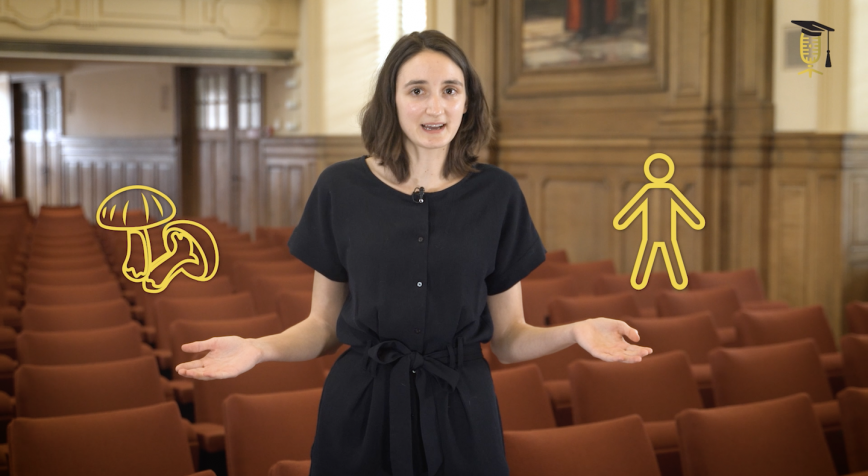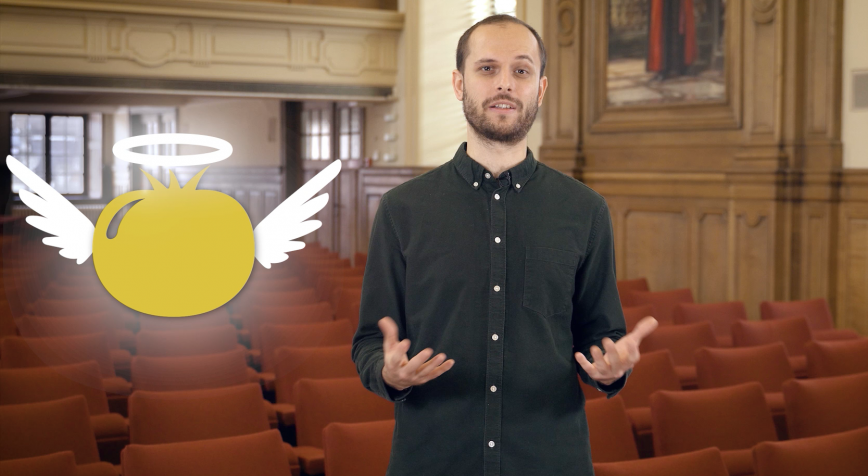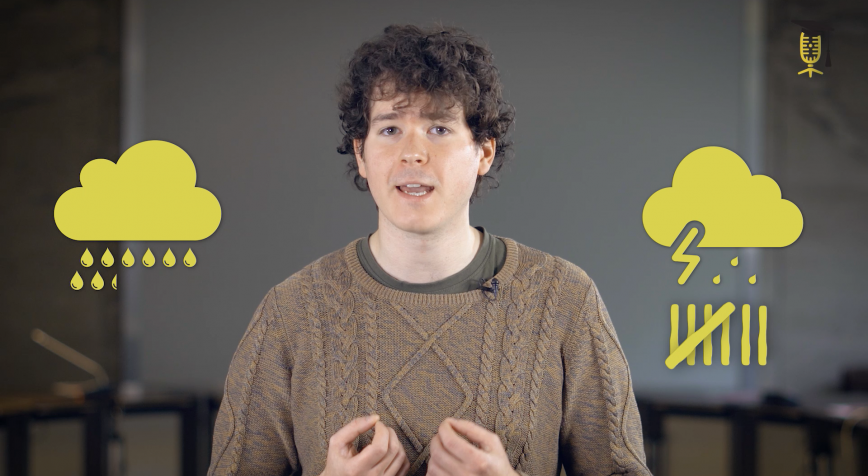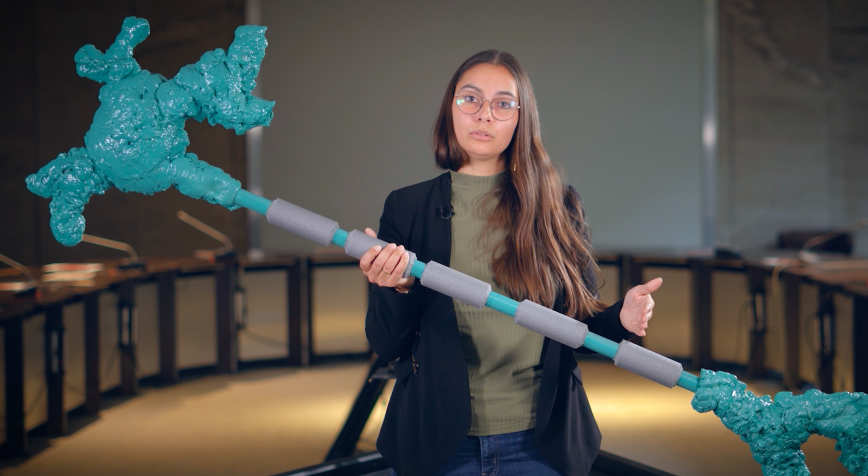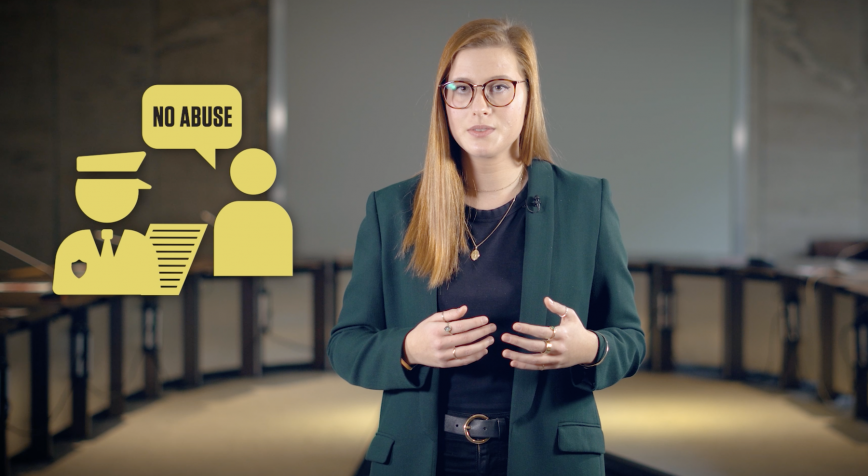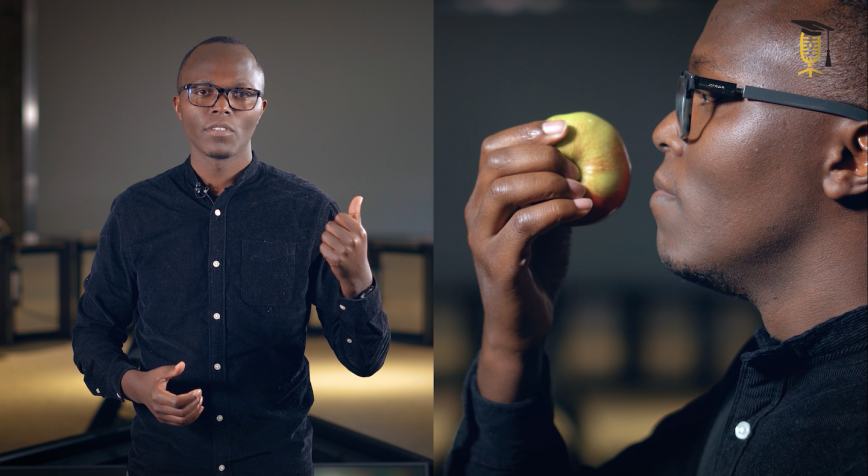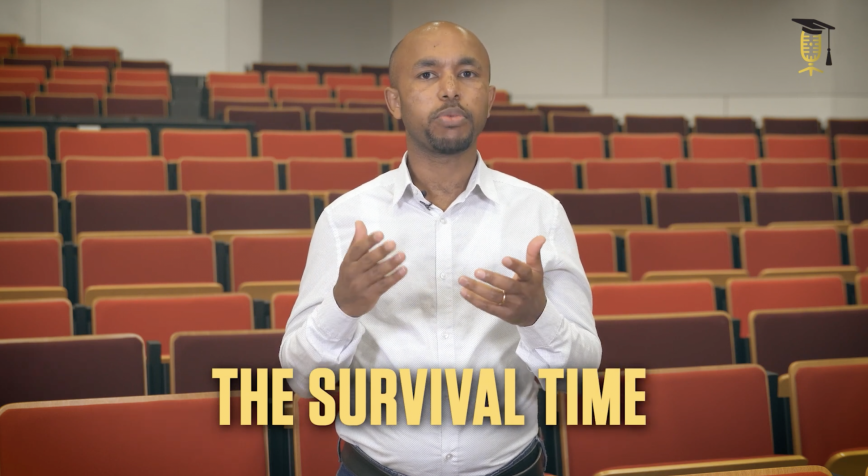
KU Leuven
UHasselt
Predicting survival time with incomplete data
How long will a patient live after his or her cancer diagnosis? And how long will a marriage between a new couple last? To make predictions of this so-called 'survival time', the time until an event occurs, researchers use statistical methods to analyze lifetime data. But what if you have incomplete data? Can you still make accurate predictions? That's what Worku Ewnetu is working on. Watch the video to find out more.
